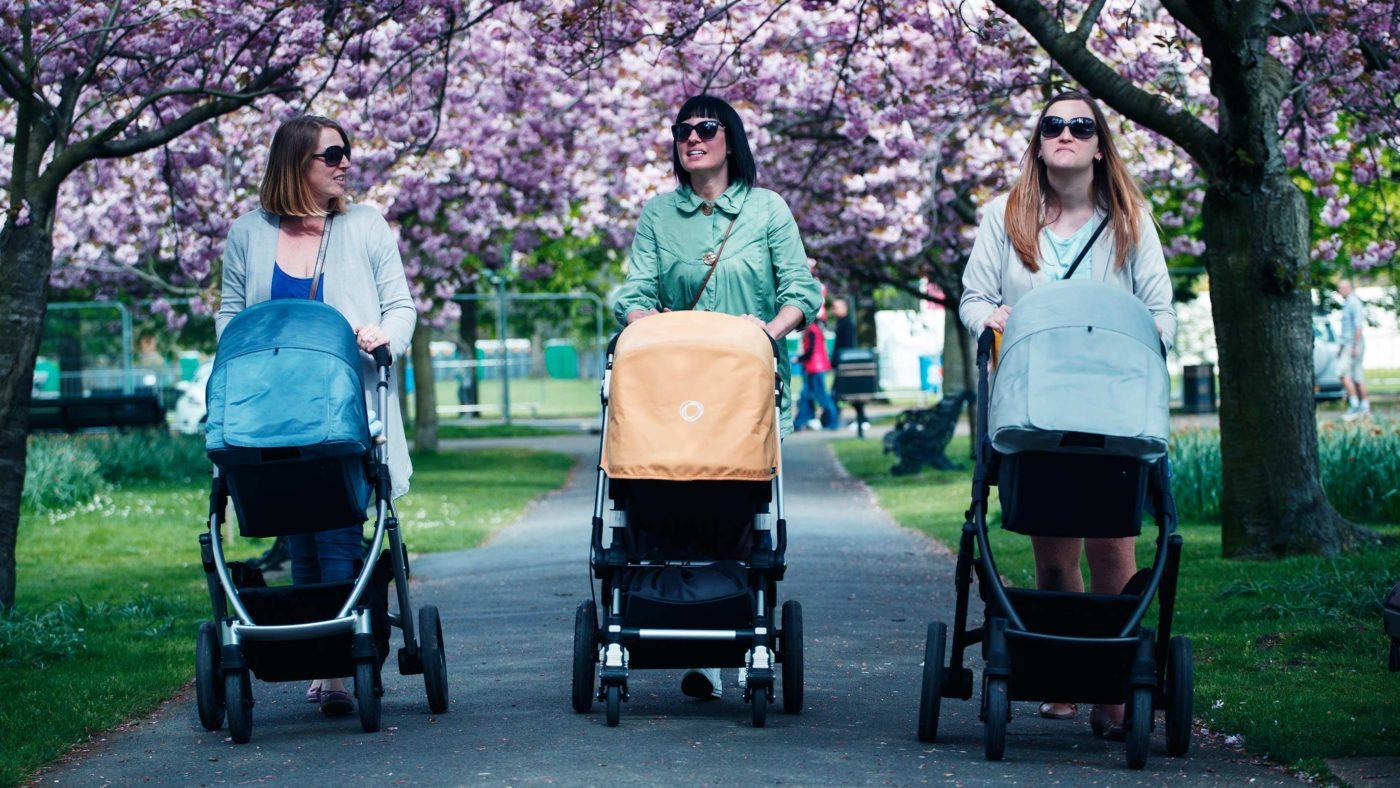“Care for parents like your children” The emotional headlines running this week about our social care crisis prompted a tart Tweet from @shesback: “Guess which #gender will be doing most of this caring”.
@shesback is right. Mothers and daughters are twice as likely as fathers and sons to leave work and look after their loved ones. Women’s generous self-sacrifice goes unnoticed, and unrewarded: when they try to go back to the workplace, most “returners” find themselves downgraded as a result of their “CV gap”. And that’s the lucky ones who manage to get back into a job; many of the 427,000 women professionals currently on a career break, will find their return never materialises.
But finally, it seems, government, and employers have worked out that the economy would stand to gain hugely by redressing this wrong – to the tune of a massive £1.7 billion, according to research conducted by PwC.
A new report from the all-party parliamentary group on women and work has urged UK businesses to create work placements to help women resume their working lives after career breaks. These “returnships” (the term coined by Goldman Sachs) are paid short-term employment contracts, where the returner takes on assignments based on their skills, interests and experience.
Some employers recognise that they stand to gain from offering returners the opportunity to work after their career break. Alpha females, for whom work is everything, are more likely to be tunnel-visioned, brittle and hopeless team players, as opposed to those women who have had to rely on their inter-relational skills and strength of character to look after a child or an infirm parent. There’s nothing like family to lend a sense of perspective – which translates into a saner work-life balance and a more collaborative attitude.
“I reckon you would be better off hiring someone who has been looking after children,” says entrepreneur Cindy Polemis, whose Fernandez and Wells café chain spreads across London. “They are used to multi- tasking, have a fantastic capability to divert tricky situations into positive experiences, a hard skin, no ego.”
Belkis Bhegani, who runs Juniper Productions, has an employee who has taken a career break to look after a child with special needs. There is no doubt in her mind that her employee can come back to work at the same level – yet in the majority of workplaces, this is not the case. A full two-thirds of returning professional women work below their potential. This affects morale but also reinforces the perception that, as a woman in the work place, once you are out, you are out.
Ageist employers, wary of investing in retraining, are only partly to blame. Many industries have an inbuilt bias to hiring young people, and recruitment agencies cater for it: study the wording of job ads (even in progressive Canada, one job post suggested that women apply for a job that had receptionist duties), and where they are placed, often put the older woman off.
The saddest obstacle to overcome, if a woman is to return to work, is often the woman herself. A CV gap dents self-confidence in any job-seeker, but all the more so when you’ve taken six years off to perform such “menial” tasks such as nappy-changing. As Jo Vale at Bank of America Merrill Lynch says, having taken seven years off: “My advice for anyone who is looking to return to the workplace after an extended break would be to make sure you have confidence in your abilities. Anyone who is self-aware will likely suffer from ‘Imposter Syndrome’ but it’s important not to let this hold you back and to know and sell your own strengths.”
Luckily help is at hand. Female social entrepreneurs such Dominie Moss, founder of Return Hub, are trying to reconnect employers and the “lost talent pool”. Women Returners is a coaching and network organisation that also helps women with their CVs and other tips for a successful return. Smart Works even donates appropriate interview clothes to women seeking re-entry into the work place.
Back in 1972, women working for the Foreign Office had to resign if they got married. It would be a disaster – for our economy, for the workplace and, indeed, for equality – if, in 2017, women still had to resign themselves to no work, or a significant downgrade, if they dared to have children.


